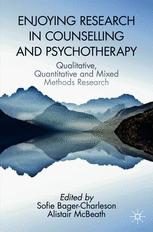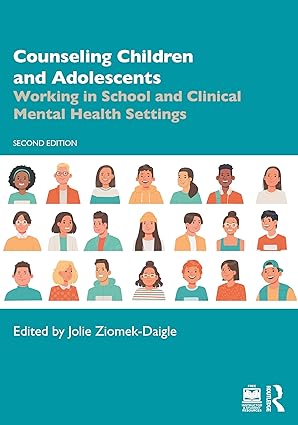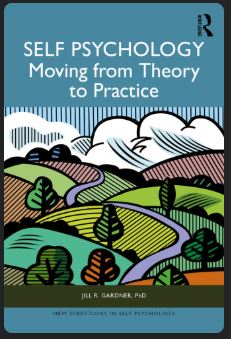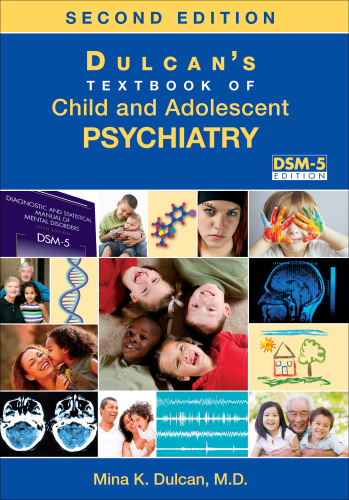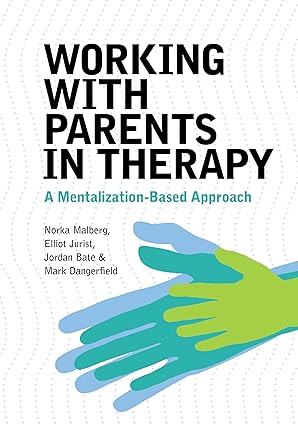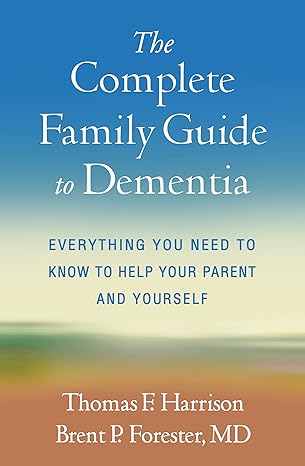Grappling with Quantitative and Qualitative Approaches to Research Mental health and emotional wellbeing have not enjoyed the priority awarded to physical health. They are usually deprived of funds and qualified staff, and despite one in four of us estimated to experience mental health problems, mental health research has ‘lagged behind many other areas in terms of priority, fund- ing, and therefore discoveries’ (Departmen of Health and Social Care 2017, p. 2). This book approaches research with mental health practitioners in mind. We are particularly aiming at counsellors, psychotherapists and counselling psycholo- gists who–over the last 30 years–we have witnessed often feel marginalised and ‘homeless’ as researchers. Therapists are natural investigators, exploring, tracing and considering underlying meanings–it is what we do. Most of our research students enter their research training with this enthusiasm for finding out. In our studies into therapists’ relationship to research (Bager-Charleson et al. 2018) one therapist said, for instance, that ‘reading and writing–finding out–it’s like breath- ing for me’, whilst another summed up her sense of enjoyment as follows: » ‘Every day I talk about research [I am] really passionate about the process, the excit- ing process about not knowing anything and then finding out, experiment with ideas and then finding new knowledge...
چکیده فارسی
دست و پنجه نرم کردن با رویکردهای کمی و کیفی برای تحقیق، سلامت روان و رفاه عاطفی از اولویتی که به سلامت جسمانی اعطا شده است برخوردار نبوده است. آنها معمولاً از بودجه و کارکنان واجد شرایط محروم هستند، و علیرغم اینکه تخمین زده میشود که از هر چهار نفر ما یک نفر مشکلات سلامت روانی را تجربه کند، تحقیقات سلامت روان «از بسیاری از زمینههای دیگر از نظر اولویت، بودجه و در نتیجه اکتشافات عقبتر بوده است». بهداشت و مراقبت اجتماعی 2017، ص 2). این کتاب با در نظر گرفتن پزشکان سلامت روان به تحقیق می پردازد. هدف ما بهویژه مشاوران، رواندرمانگران و روانشناسان مشاور است که در 30 سال گذشته شاهد بودهایم که اغلب به عنوان محقق احساس میکنند در حاشیه و «بی خانمان» هستند. درمانگرها محققین طبیعی هستند، معانی زیربنایی را کاوش، ردیابی و در نظر می گیرند – این کاری است که ما انجام می دهیم. اکثر دانشجویان پژوهشگر ما با این اشتیاق برای یافتن اطلاعات وارد آموزش تحقیقاتی خود می شوند. در مطالعات ما در مورد رابطه درمانگران با تحقیق (باگر-چارلسون و همکاران 2018)، برای مثال، یک درمانگر گفت که «خواندن و نوشتن – پیدا کردن – برای من مانند نفس کشیدن است»، در حالی که دیگری احساس خود را از لذت بردن به شرح زیر است: «هر روز در مورد تحقیق صحبت میکنم [من] واقعاً مشتاق فرآیند هستم، فرآیند هیجانانگیز ندانستن چیزی و سپس یافتن، آزمایش با ایدهها و سپس یافتن دانش جدید...
ادامه ...
بستن ...
Grappling with Quantitative and Qualitative Approaches to Research Mental health and emotional wellbeing have not enjoyed the priority awarded to physical health. They are usually deprived of funds and qualified staff, and despite one in four of us estimated to experience mental health problems, mental health research has ‘lagged behind many other areas in terms of priority, fund- ing, and therefore discoveries’ (Departmen of Health and Social Care 2017, p. 2). This book approaches research with mental health practitioners in mind. We are particularly aiming at counsellors, psychotherapists and counselling psycholo- gists who–over the last 30 years–we have witnessed often feel marginalised and ‘homeless’ as researchers. Therapists are natural investigators, exploring, tracing and considering underlying meanings–it is what we do. Most of our research students enter their research training with this enthusiasm for finding out. In our studies into therapists’ relationship to research (Bager-Charleson et al. 2018) one therapist said, for instance, that ‘reading and writing–finding out–it’s like breath- ing for me’, whilst another summed up her sense of enjoyment as follows: » ‘Every day I talk about research [I am] really passionate about the process, the excit- ing process about not knowing anything and then finding out, experiment with ideas and then finding new knowledge...
ادامه ...
بستن ...
